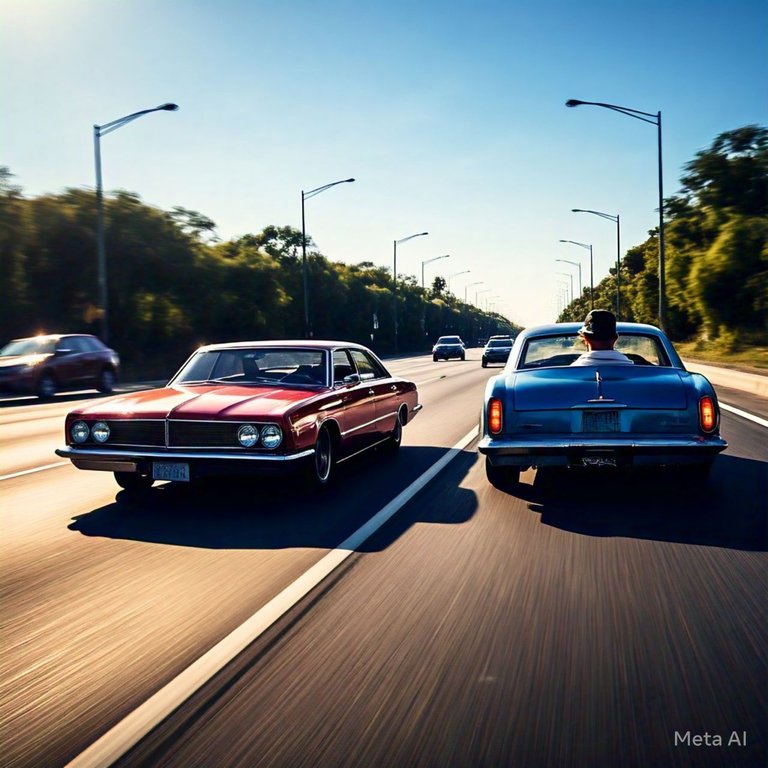The idea of implementing a one-car-per-family rule though might offer benefits, mostly in the areas of reducing the number of vehicles on the road, making life easier and stress-free, and also reducing carbon emissions, I still do not think it would ultimately solve the issues because the effectiveness on the long run might be questioned and it is important to weigh the pros and cons alongside.

On the surface, limiting car ownership to just one per family could reduce traffic congestion, mostly in some areas like Lagos states and others, it will minimise fuel consumption and also the major reason, which is to lower greenhouse gas emissions. Having fewer cars on the road would mean a reduction in carbon emissions, contributing to a clean and healthy environment. To add to this, the rule would encourage people to make use of alternative transportation methods such as public transit, carpooling, or even cycling, which would surely foster a shift towards urban mobility that is more sustainable.
However, as we consider the benefits, we need to look into how it might become a big problem and might fail to address deeper issues. In many families, some members have different schedules and destinations, whether at work, school or personal commitments. It would be difficult to manage the one car per family rule as it may lead to significant inconveniences, especially in areas where public transportation is not available or in an area that is still underdeveloped and finding transportation might look unreliable. We need to understand that many people live in suburban or rural areas where public transit is scarce, making private vehicles essential for daily life and easy migration.
Moreover, while the goal of reducing carbon emissions is worth appreciating, for this policy to be successful, it would depend on the availability of efficient public transportation systems that are affordable. If there are no reliable alternatives that are put in place, families might end up using multiple motorcycles or other forms of transport, which then negates the environmental benefits of this policy. Now imagine having lots of motorcycles on the road, it may increase traffic congestion and emissions.

Another aspect to consider is how the economic impact would be affected if such policy should be implemented especially for those who rely on owning a car as a livelihood. The likes of taxi drivers, uber drivers, car rental services and even auto repair shops could suffer if such a rule is enacted. Also, industries that are tied to automobile production might face job losses, creating ripple effects in the economy.
It is important to find more holistic approaches if the one car per family rule would address environmental issues. Approaches like improving public transportation infrastructure, allowing the use of electric vehicles and promoting the sharing of cars as initiatives could help to make such a goal a success without imposing strict restrictions.
In another way, there is a need for a balance in environmental sustainability, economic viability and the convenience of individuals for such a policy to become a success at reducing carbon emissions.
Both images were imagined with Meta AI

Posted Using INLEO